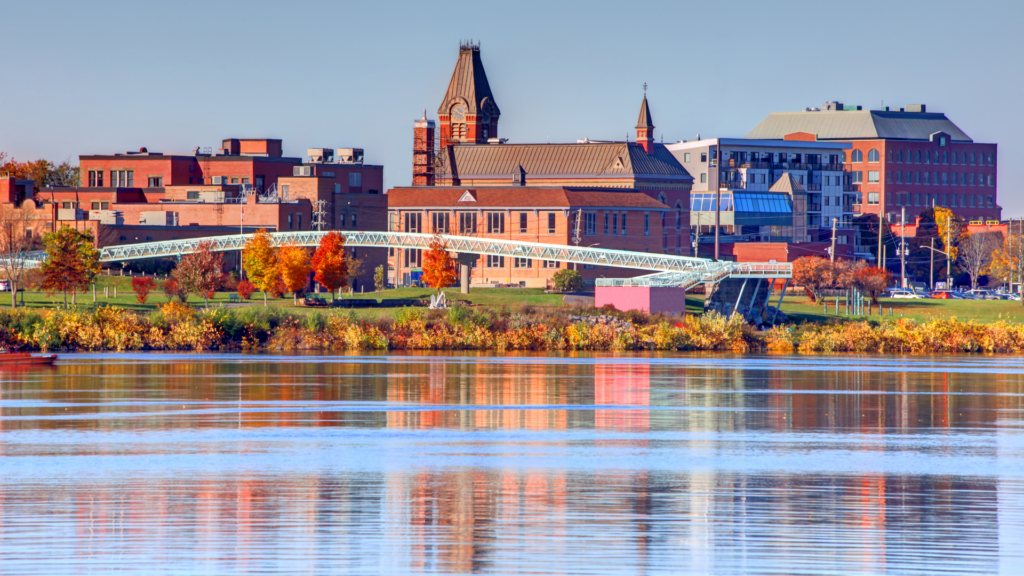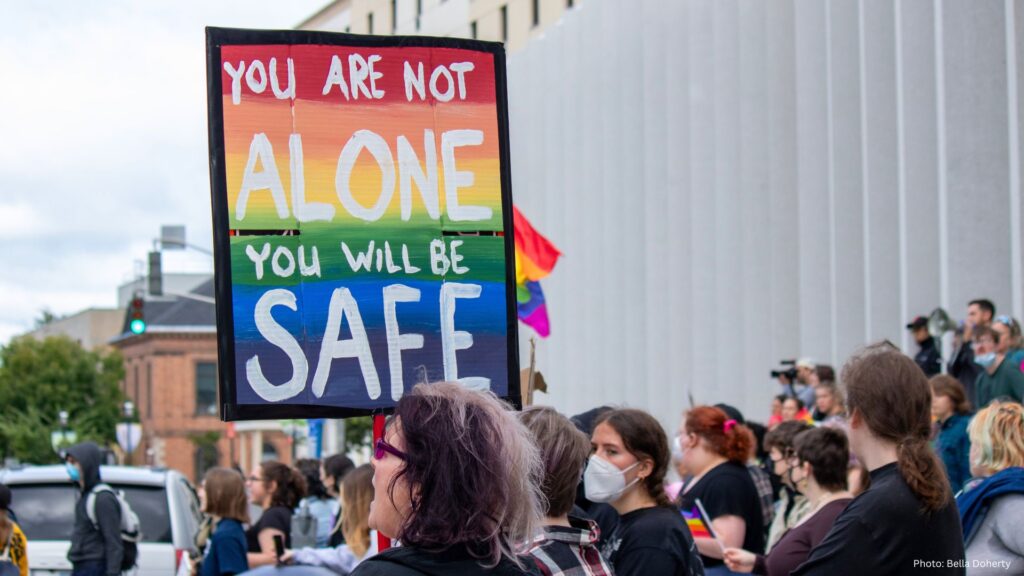New Brunswick used to be known as a place of beauty; a place of comfort that brought people peace. Well, that’s all a thing of the past as this province has become increasingly more difficult to love over the years. Prices of food, gas, and rent have skyrocketed, childcare is nearly non-existent, and the government appears to only care about lining its own pockets. The provincial government is supposed to be a political body meant to take care of their citizens. Unfortunately, that’s not the case in New Brunswick.
When it comes down to figuring out the source of all the issues facing the citizens of this province, we need not look further than two things: money and greed..
In an interview with The Toronto Star, Phil Ozga, chief network and government relations officer with Food Banks Canada, said in a statement regarding Canada’s economic state:
“An overall lack of action on affordable housing, and improving social assistance lies at the heart of Canada’s growing struggle with poverty and food insecurity.”
“All governments must find a new sense of urgency and act together to combat this issue.”
Another problem facing our province is the current housing market crisis. With the start of a new year, housing statistics for 2023 have been released and New Brunswick finished in last among the Maritime provinces. Having only started to build 545 new housing units per 100,000 people, New Brunswick had fallen over 100 houses short compared to other maritime provinces. PEI having built 655 per 100,000 and Nova Scotia having built 676 per 100,000.
In 2022, a rent cap was introduced to bring comfort to those that were struggling with the rising cost of rent. This new policy was a huge step in the right direction, but unfortunately it was too good to last, as in 2023 the rent cap was canceled. No sufficient reasoning was given for the cancellation of the policy.
In an interview with provincial MLAs Alan Roy from Service New Brunswick stated:
“The government had no evidence other than the word of landlords and developers that rent caps were impeding new housing construction in New Brunswick.”
These statements do not seem to reflect the effects of the rent caps considering PEI and Nova Scotia both have rent caps in place, yet they outbuilt New Brunswick by over 100 houses. In effect, rent caps do not negatively impact housing construction, at least that’s what’s been shown in the cases of PEI and Nova Scotia.
The New Brunswick government now sits at a crossroads between appeasing landlords or appeasing tenants. Either way it’s a sticky situation where all we can do is sit back and hope for an eventual solution that satisfies everyone.













